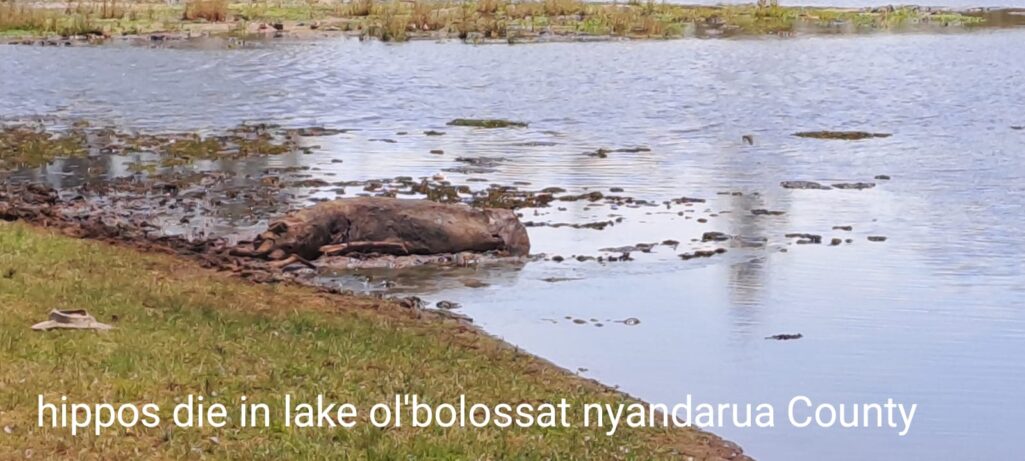Lake Ol Bolossat, located in central Kenya, is one of the few freshwater lakes in the region and supports a vital ecosystem. The lake is home to over 180 bird species and is a critical water source for agriculture, livestock, and human consumption. However, the lake has been experiencing a continuous drop in water levels, leading to grave concerns about its long-term survival.
In early 2023, FAO Kenya supported the Lake Ol Bolossat Community Conservation Group (LOCCOG) through the Forest and Farm Facility programme to step up efforts to restore the crucial lake ecosystem. FAO provided KES 5.5 million, focusing on ecosystem reforestation, community awareness and diversification of livelihoods. Kenya Forest Service (KFS) and Farm Forestry Smallholder Producers Association of Kenya (FFSPAK) are part of the partnership supporting LOCCOG and local communities to execute this noble plan to restore the lake to its desired state.
The shrinking of Lake Ol Bolossat is attributed to human activities such as deforestation, farming, and illegal logging. The Mau forest, located upstream of the lake, has suffered from widespread deforestation, leading to soil erosion and sedimentation. The cultivation of land surrounding the lake has also contributed to soil erosion, leading to sedimentation in the lake and reducing the lake’s holding capacity. Additionally, illegal logging has exacerbated the issue by increasing soil erosion and reducing forest cover.
In April of 2023, the deputy president of Kenya, Mr Rigathi Gachagua and the Minister for Environment, Ms Soipan, attended a tree planting drive in the County of Nyandarua and where they expressed concern over the shrinkage of this vital lake-the only one in the County. During the event, they announced the support by FFF and affirmed the government’s commitment to restoring the lake. Cabinet Secretary Soipan observed that the lake’s rapid shrinkage was partly caused due to the prolonged drought experienced in the last months. The deputy president urged communities in Nyandarua to plant more trees in support of the Government’s plan to produce at least 15 Billion trees by 2032 in the country, as this will ease the effects of climate change, which are becoming more evident.
The impact of the shrinking Lake Ol Bolossat extends beyond the immediate ecosystem. The reduction of water levels has led to decreased crop yields, affecting the livelihoods of farmers who depend on the lake. The loss of habitat for bird species has led to a decline in their numbers, with some species facing extinction. The Kenyan government has stepped in to address the issue by enforcing regulations against illegal logging and reducing land use around the lake.

